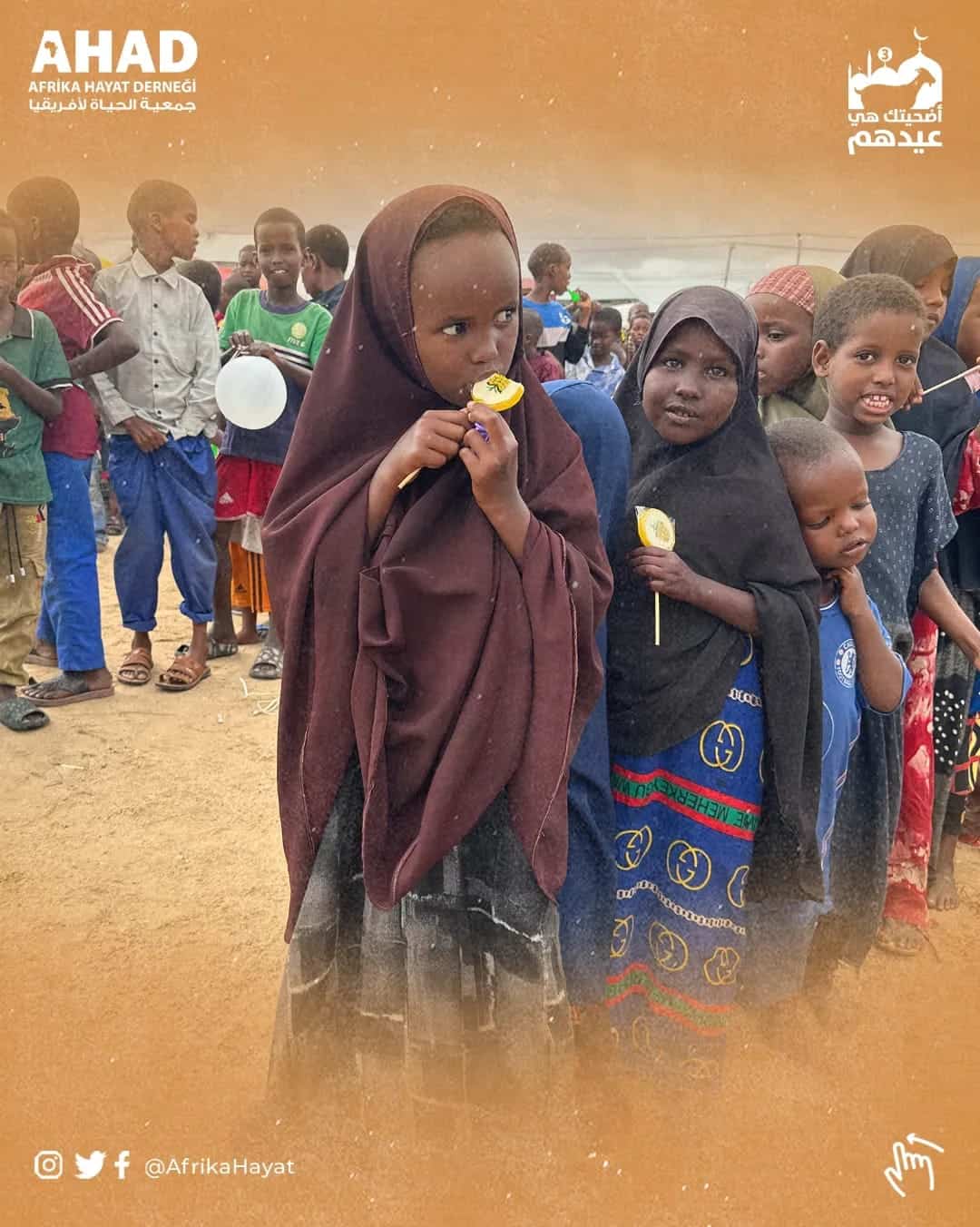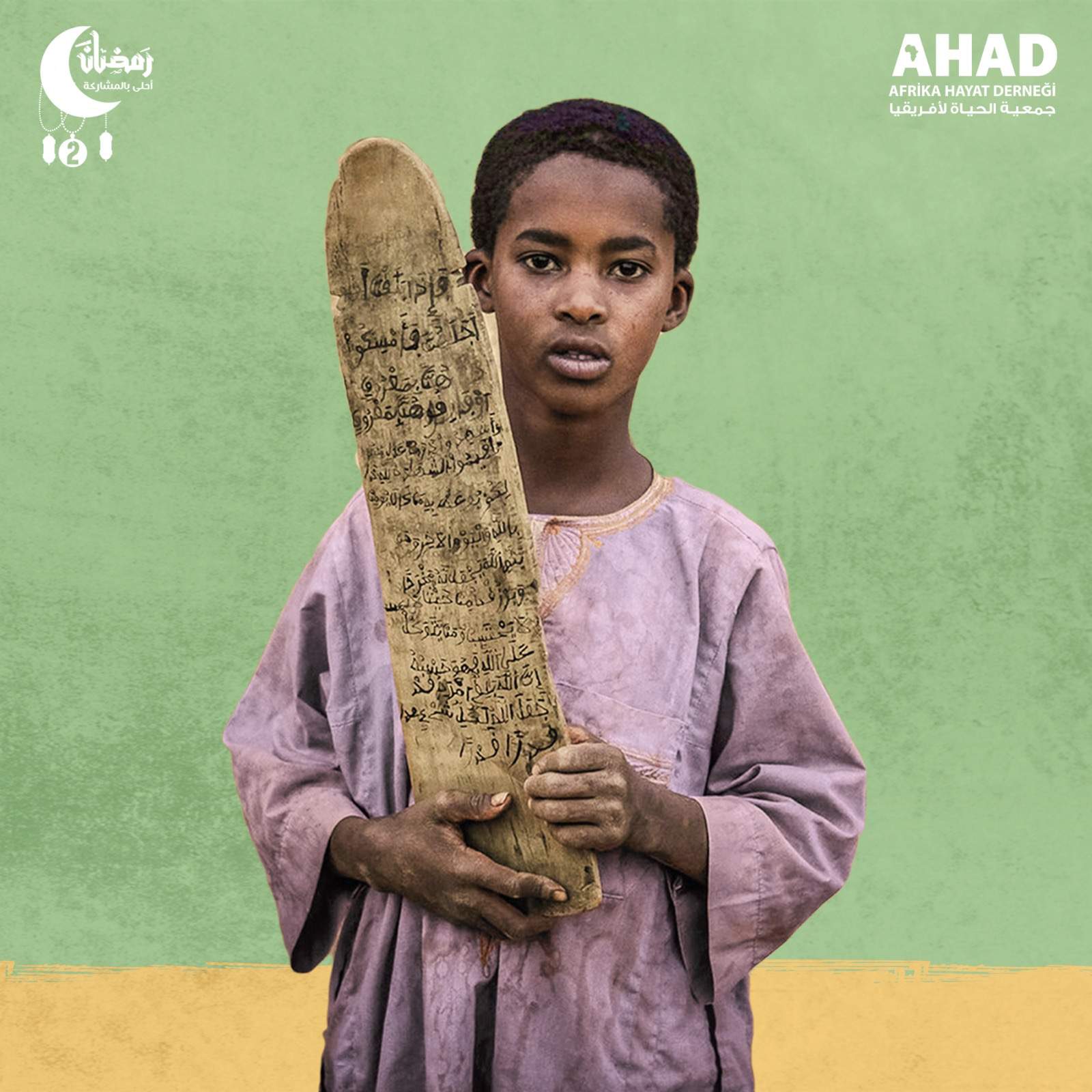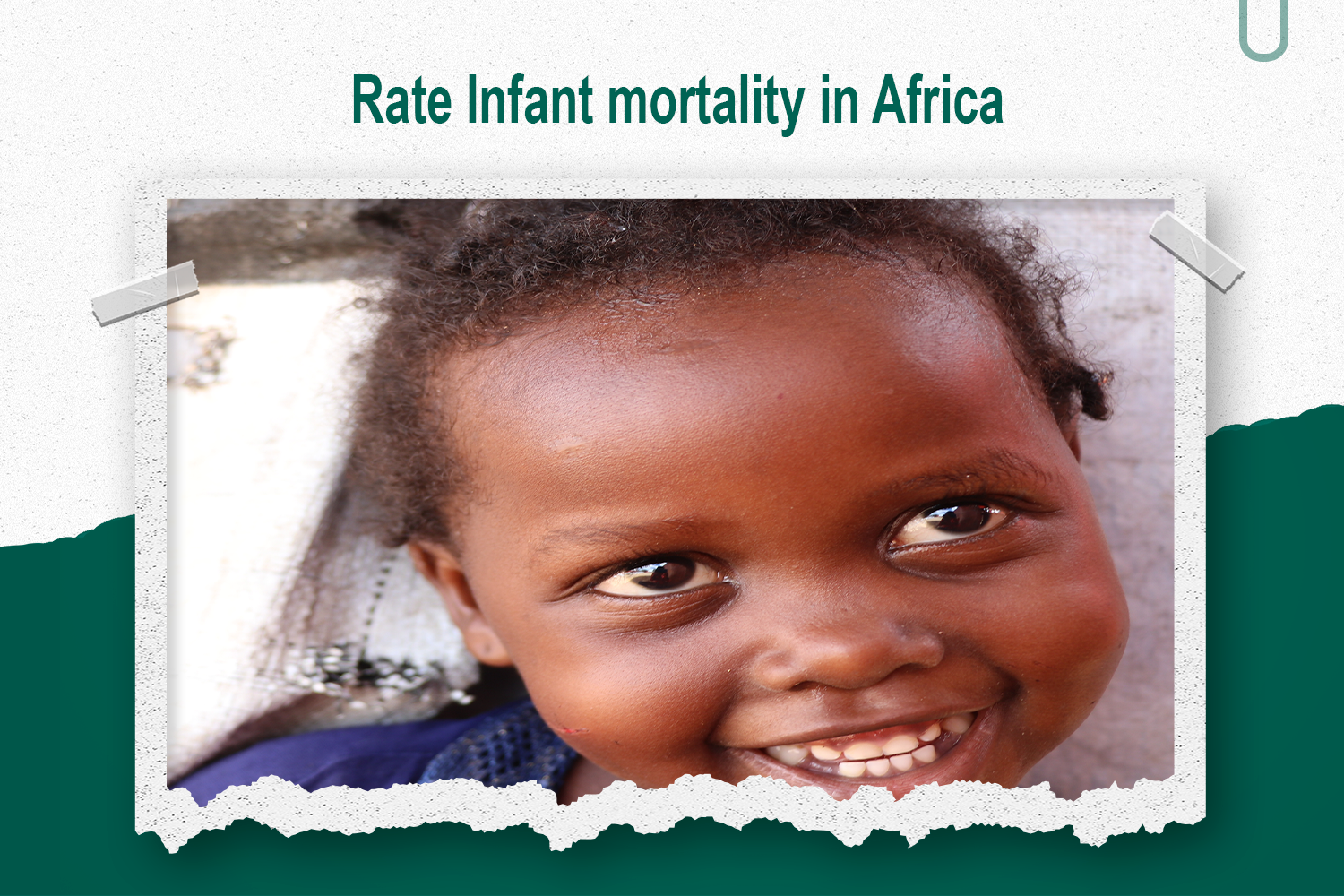Infant mortality rate in Africa
Infant mortality in Africa is a serious health problem facing the continent, and is considered one of the biggest health challenges facing the continent. The infant mortality rate in Africa depends on several factors, including access to basic health care, proper nutrition, access to clean water and sanitation, level of education and poverty, among others.
Statistics show that many cases of infant mortality in Africa occur due to preventable causes, such as diarrhea, acute respiratory infections and undernutrition. Preventive measures such as the provision of childhood vaccinations and basic health care can also reduce the incidence of infant mortality on the continent.
It is important that African governments, in cooperation with international organizations and civil society, promote basic health care, provide proper nutrition, improve sanitary and hygienic infrastructure, promote awareness about maternal and Child Health, to reduce the incidence of infant mortality and improve the health of children in Africa.
Improving the survival of newborns in Africa supporting basic health care
Low-and middle-income countries suffer from high rates of neonatal mortality, which is highly preventable. Therefore, it is essential that health plans focus on enhancing the survival of newborns to improve the quality of basic care for them, including prenatal and postnatal care, providing a safe health environment, and qualifying medical staff.
Investment in the care of young and sick newborns, obstetric care during emergencies should also be strengthened, as these measures can bring huge returns by reducing the incidence of maternal and neonatal mortality, stillbirth, and the resulting morbidity.
The provision of continuous midwifery-led care is an effective model, as it can reduce the percentage of premature births by up to 24% in environments with well-functioning midwifery programs.
In addition, the health system needs to increase and improve access to postnatal care, both in health facilities and through home visits, to ensure that the health of newborns and their families is effectively maintained.
To achieve progress in this area, it is necessary to strengthen the quality of health care, improve the health infrastructure, provide the necessary health services to young newborns and sick people.

Basic infant care guide for parents
Securing basic care for infants is crucial for their health and safety. Here are some important tips for parents:
Thermal protection, skin care and umbilical cord
Proper thermal protection should be provided to the infant, their skin and umbilical cord should be carefully cared for.
Breastfeeding:
Encouraging early and exclusive breastfeeding contributes to enhancing the health of the infant and strengthening his immune system.
Regular health assessment
It is necessary to monitor the health of the infant, evaluate them to detect any possible health problems and provide the necessary care.
Preventive treatment
Necessary vaccinations and preventive measures should be provided, such as immunizing the infant with vaccines such as anti-tuberculosis and hepatitis B virus.
In addition, households should pay attention to the following points:
Urgent medical care:
In case of any signs of health problems, urgent medical care should be sought without delay.
Birth registration and vaccinations
Your newborn must be registered and the necessary vaccinations secured in a timely manner according to local sanitary schedules.
Some infants may require additional care to ensure their recovery and health, and parents should keep up to date with their specific needs to provide the necessary care.

Caring for low-weight children at home: Important Tips
When a low birth weight newborn is recognized at home, the family should take immediate action to ensure the safety of the child. Here are some important tips for care:
Keeping warm:
Care should be taken to keep the baby warm, this can be achieved through contact between the mother’s skin and the baby’s skin, unless there are medical reasons for delaying this contact.
Promotion of breastfeeding:
The start of breastfeeding should be encouraged, and in case of difficulty in feeding, the mother should be helped to deliver breast milk to the baby and feed him from a glass or other means.
Personal hygiene:
Particular attention should be paid to personal hygiene, especially washing hands thoroughly before handling a child.
Monitoring of dangerous signs:
Signs of danger that indicate the need for additional medical care should be carefully monitored.
Breastfeeding support and growth monitoring:
Additional support should be provided for breastfeeding and regular monitoring of the child’s development.
It is important that the family has an active role in providing the necessary care for a low-weight child at home, their responsiveness to medical instructions should be checked and medical assistance should be obtained when needed.
The role of AHAD in improving health care and Community Development
AHADA is working in the field of healthcare delivery and development in many countries in Africa . The association’s role is to provide a variety of services and programs aimed at improving the quality of life for individuals and communities in need.
AHAD Association provides various medical services including comprehensive medical examination, treatment, health education, and providing essential medicines to individuals in areas with special needs.
The association implements programs to improve health infrastructure, promote health and hygiene awareness, and provide vocational training and employment to youth in local communities.
AHAD provides assistance in natural or humanitarian emergencies, such as natural disasters or armed conflicts, by providing urgent medical care and basic supplies.
The association organizes awareness campaigns and workshops to promote awareness of important health issues such as proper nutrition, maternal and Child Health, and the Prevention of infectious diseases.
The association provides psychological and social support to individuals and families affected by difficult situations, whether as a result of poverty, conflicts or health crises.
AHAD plays an important role in providing health care, development and relief, promoting health awareness and supporting communities in need around the world.”The role of AHAD society in improving health care and Community Development”
You can visit the ahad Association website to find out more about the projects it offers
Related articles:
The importance and bounty of the month of Ramadan
Join us in our message by donating




